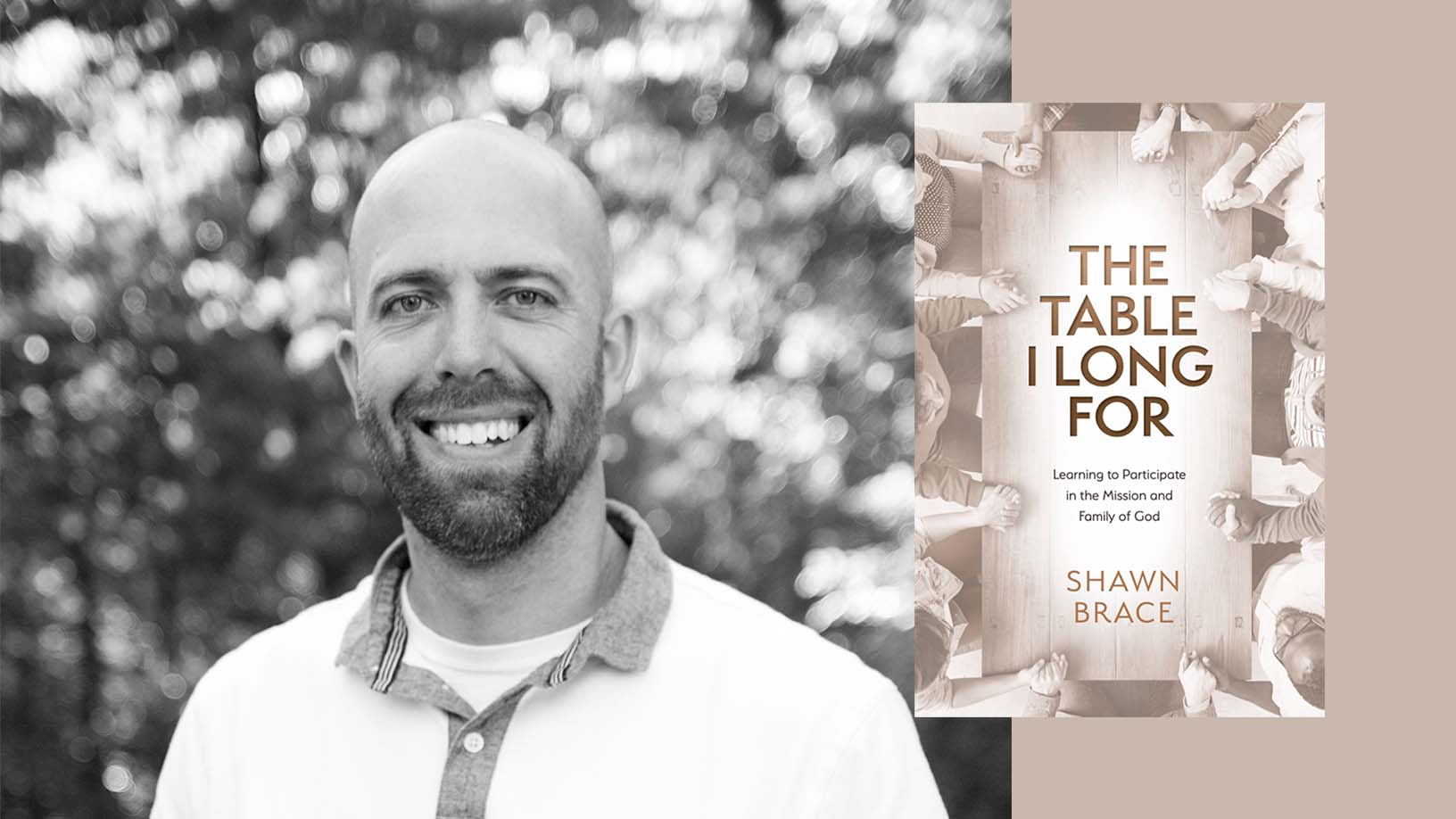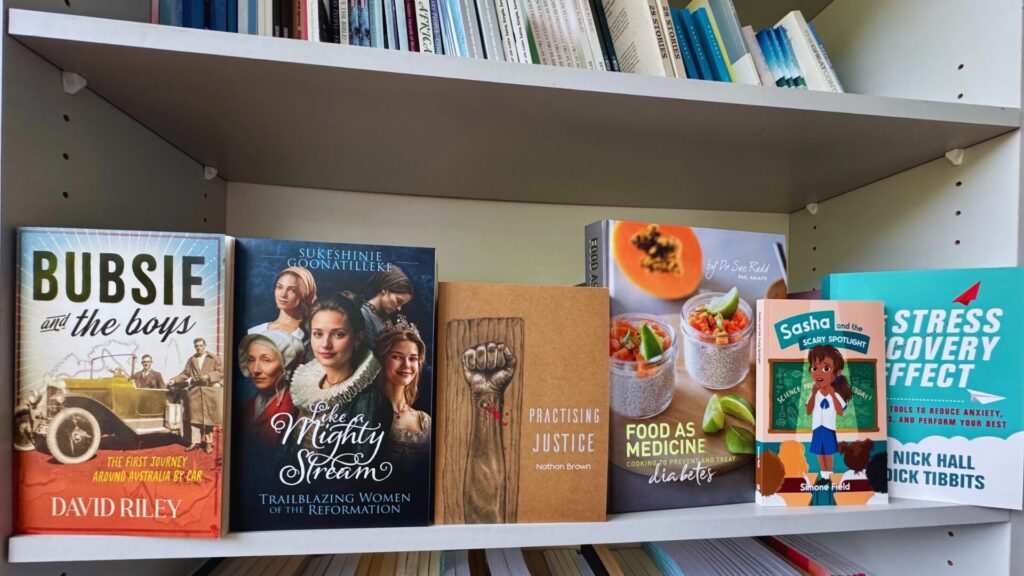Shawn Brace is a pastor in Bangor, Maine, in the northeast of the United States. He is also a doctoral student at Oxford University, podcaster and a writer, including four books and regular columns for Adventist Review. He talked about his new book, The Table I Long For.
Why is it time to have a fresh look at how we do mission?
I’d say Adventists are doing a poor job of reaching the surrounding culture—especially in increasingly secular contexts—and we’re losing lots of people out the “back door.” But I find that many people are not opposed to church, per se, but are opposed to our narrow version of church. I think it’s time we get back to the simplicity of the gospel and the simplicity of living a Jesus-centred life as God’s people in the midst of a sceptical world. That’s actually very attractive.
What does the title of your book—The Table I Long For—mean?
People aren’t looking for a church, they’re looking for a family. To me, the table is the most beautiful expression of what it means to be that family. We come, we sit, we listen, we invite others to that table, providing a welcoming space for everyone to belong, believing in the power of God to disciple them. It’s where Jesus spent the largest part of His ministry.
What was the biggest mental shift you had to make in your missional journey?
When my life became truly missional, focused on entering into life with people who didn’t know Jesus, it really challenged some of my theological assumptions. And I began to realise that perhaps some of these matters weren’t as important or settled as I thought. Which is frightening for someone who was pretty traditional, causing me to feel a bit unsettled about everything. You begin to fear that you’ve started down that dreaded “slippery slope” that will end up in “apostasy.” But it has helped me lean on Jesus so much more and really, truly learn that my security comes from Him and not my behaviours or even from being right.
Is there an experience that encapsulates the value of the changes you’ve made in your church?
Perhaps the one that stands out to me the most, which I share in the book, is my friend Jose: he was a young guy who waited on our table at a restaurant for two years. We kept going back and he kept being our server. Finally, even though he was an atheist, we ended up drawing him into our church, and after the first time he attended a gathering, he told me he wanted to share his story the next week. We have one person tell their story each week, because we think it really affirms them. We don’t really care if you’re a believer or not; we think you have value and your story should be heard. So Jose, an atheist, shared his story the next week and talked about how much he felt embraced by our church and wanted to recommit to attending church from then on.
What is the most surprising thing you learned?
As a result of engaging people with the gospel in a post-Christian society, I’ve been really challenged by the way people make sense of truth. I never fully appreciated how much Adventism first arose within a modern/Enlightenment framework, approaching the Bible accordingly. That affected the way we still do evangelism today, assuming everyone is just asking the question “Is it true?” and then trying to prove that we’re right. But that’s not the question most people are asking today in post-Christian societies. Instead they’re asking “Does it work?” or “Does this idea make you a more loving person?” It’s a big topic, but that has really been a surprising discovery for me. And it really reframes our whole way of approaching church, mission, evangelism and people in general—if we let it.
The Table I Long For and other books by Shawn Brace are available from Adventist bookshops in Australia and New Zealand, or online.






